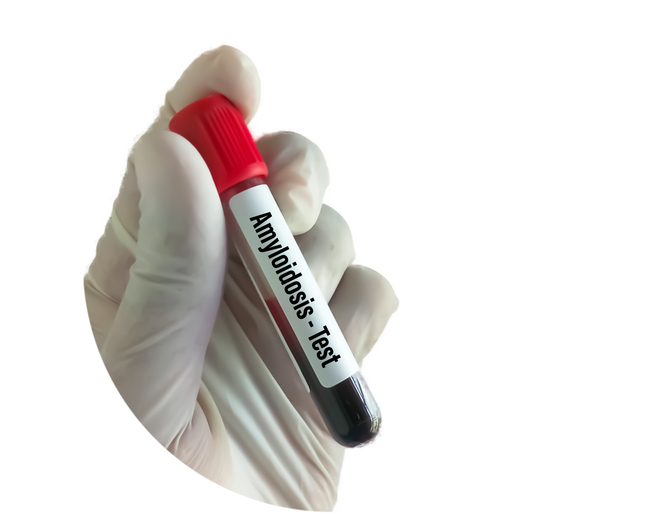
Bridge Bio Pharma, Inc. announced positive initial results from the ATTRibute-CM open-label extension (OLE) study of acoramidis in transthyretin amyloid cardiomyopathy (ATTR-CM). The findings were presented at AHA 2024.
“Results from the ATTRibute-CM OLE continue to showcase the potential of acoramidis, with ongoing data across the study suggesting that early intervention with this stabilizer leads to early separation from placebo, with sustained benefit for patients with ATTR-CM,” said Daniel Judge, MD, professor of medicine and cardiology at the Medical University of South Carolina who presented the findings. “The prescribing community is eager to have another important treatment option given the remaining high unmet need for ATTR-CM patients.”
Key findings of the OLE study showed that acoramidis treatment resulted in:
- A confirmed sustained improvement relative to placebo in time to first event (CVH or ACM) starting at Month 3 in ATTRibute-CM
- A statistically significant reduction in ACM alone of 36% by Month 36 (p=0.009) and 34% by Month 42 (p=0.006), as assessed by the Stratified Cox proportional hazards model
- A significant reduction of composite ACM and CVH by 46% at Month 36 (p<0.0001) and 48% at Month 42 (p<0.0001), as assessed by negative binomial regression, building upon the previously presented 42% reduction at Month 30 in ATTRibute-CM
- Evidence of early benefit in patients who crossed over from placebo to acoramidis after Month 30 as compared to extrapolated placebo curve reinforces the early separation seen previously in ATTRibute-CM
- Acoramidis continues to be well tolerated, with no new clinically significant safety signals identified in this long-term evaluation
The Company noted that the findings of OLE build on previously reported results from ATTRibute-CM in which acoramidis demonstrated clinically significant treatment efficacy with respect to mortality, CVH, and quality of life. The findings further supporting that greater transthyretin (TTR) stabilization can improve clinical outcomes for patients.
“We are pleased to share the initial results from the ongoing open-label extension study of ATTRibute-CM, which showcase the sustained benefits of acoramidis treatment for patients with ATTR-CM,” said Jonathan Fox, M.D., Ph.D., chief medical officer of BridgeBio Cardiorenal. “Coupled with acoramidis’ earliest time to separation of any known ATTR-CM treatment on clinical outcomes at 3 months, these analyses continue to support acoramidis as a meaningful first line option.”







 © 2025 Mashup Media, LLC, a Formedics Property. All Rights Reserved.
© 2025 Mashup Media, LLC, a Formedics Property. All Rights Reserved.